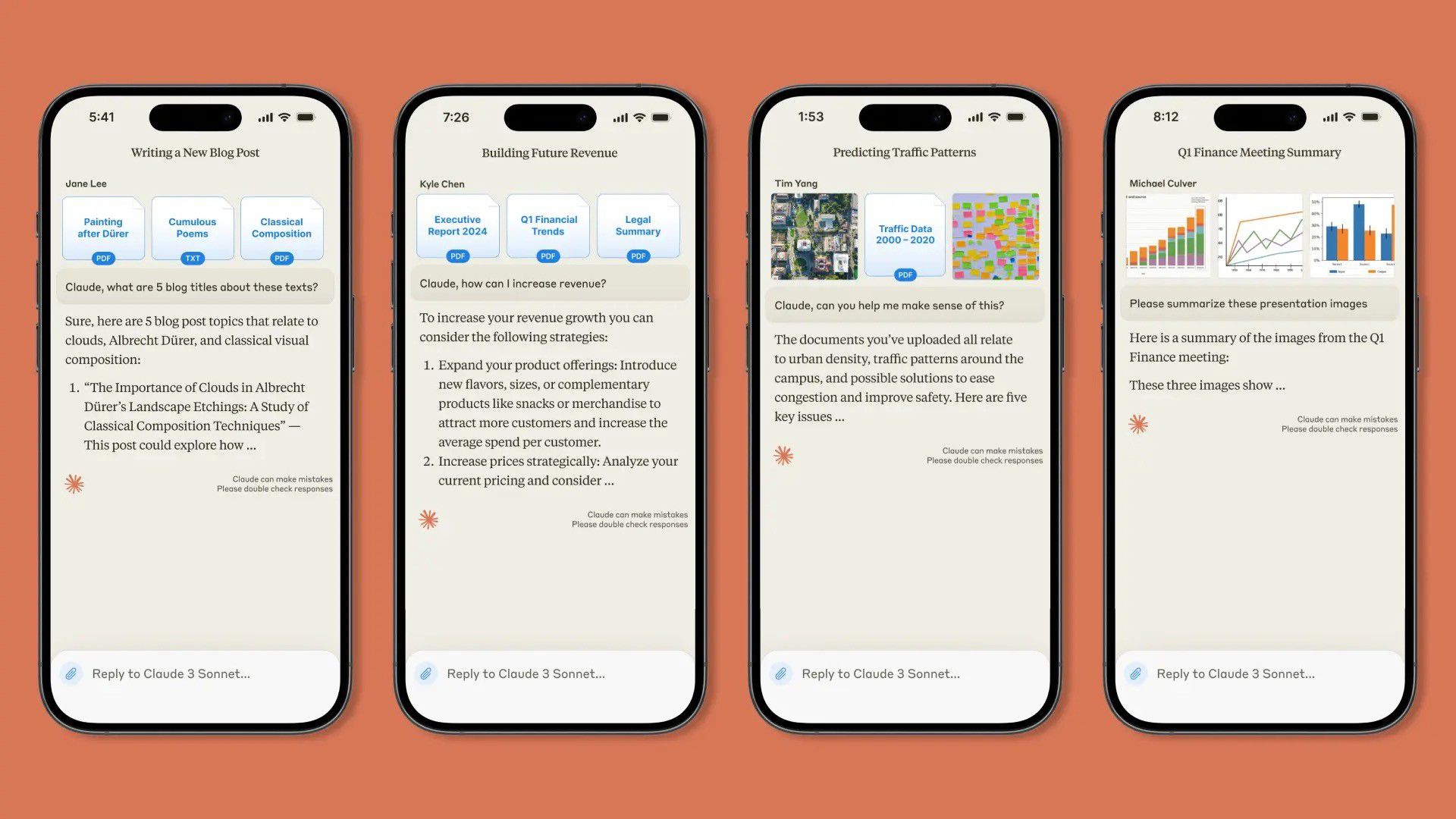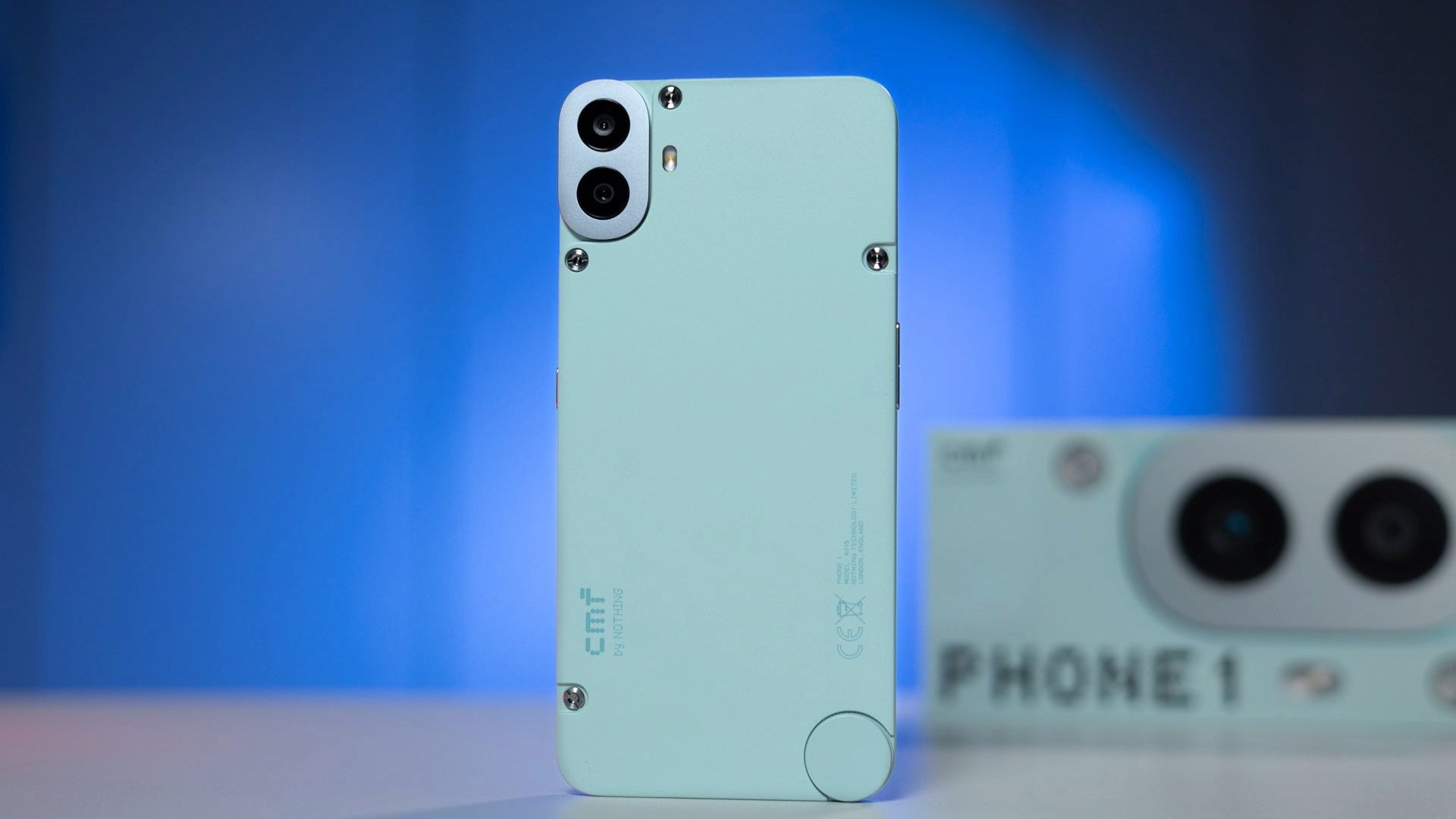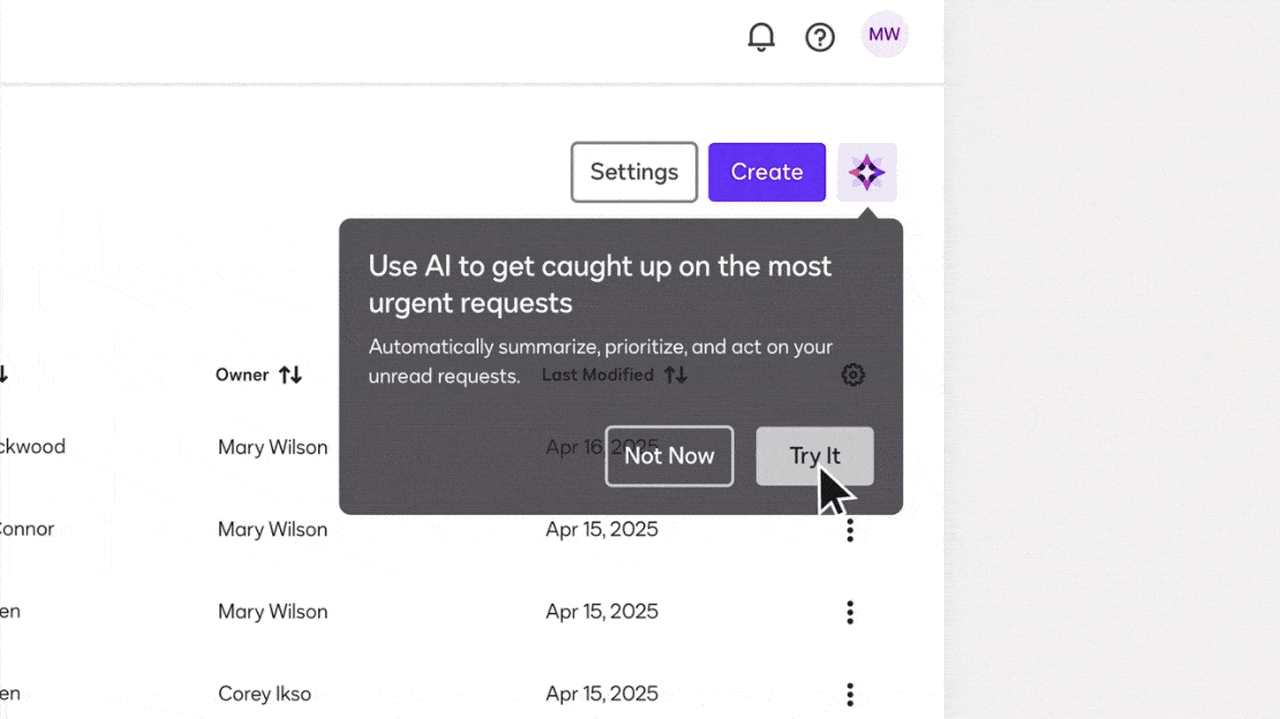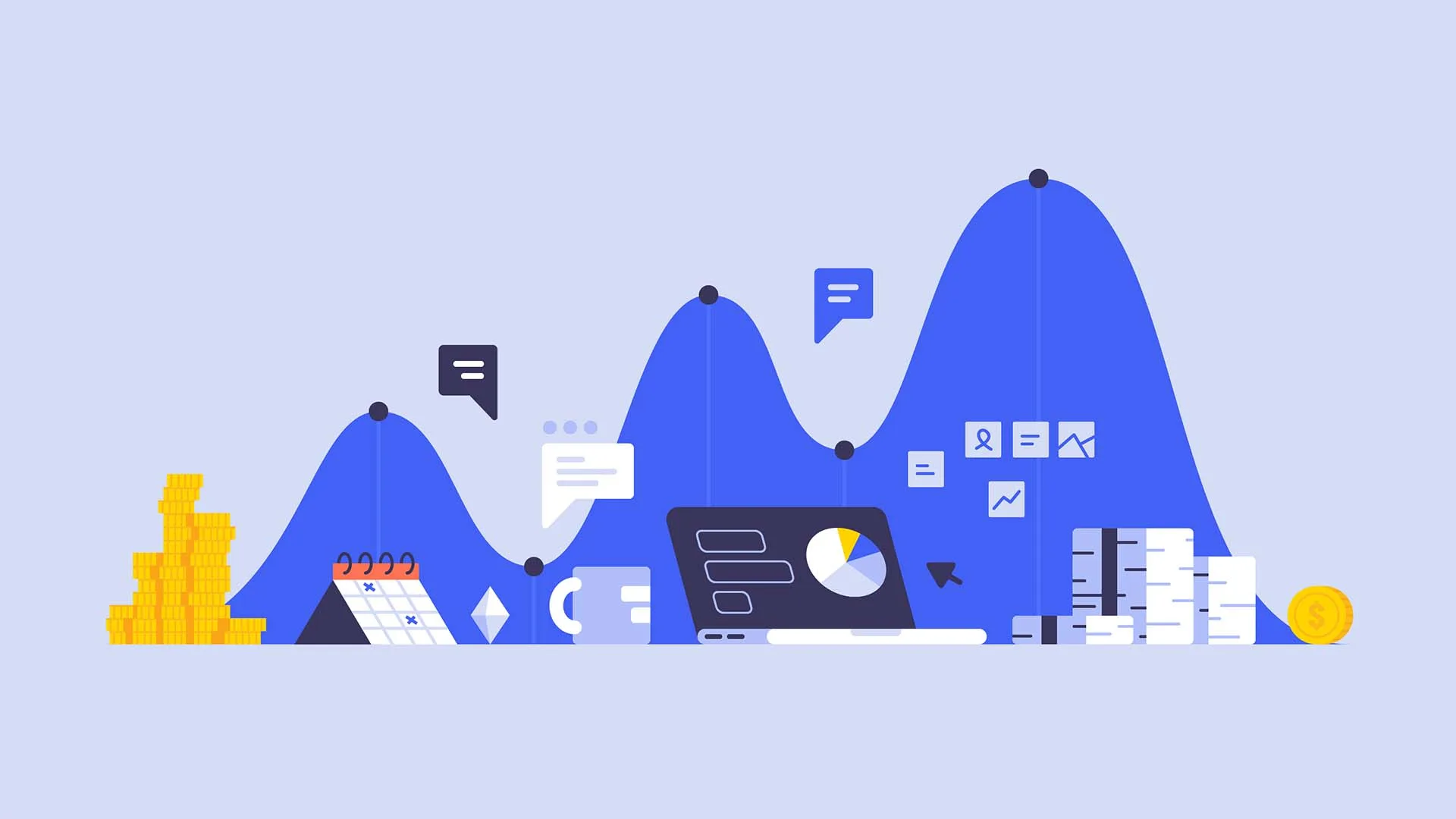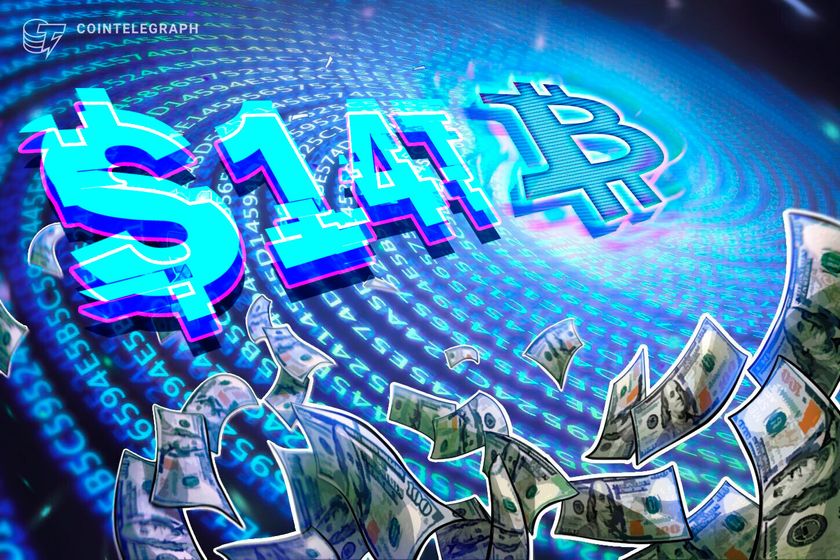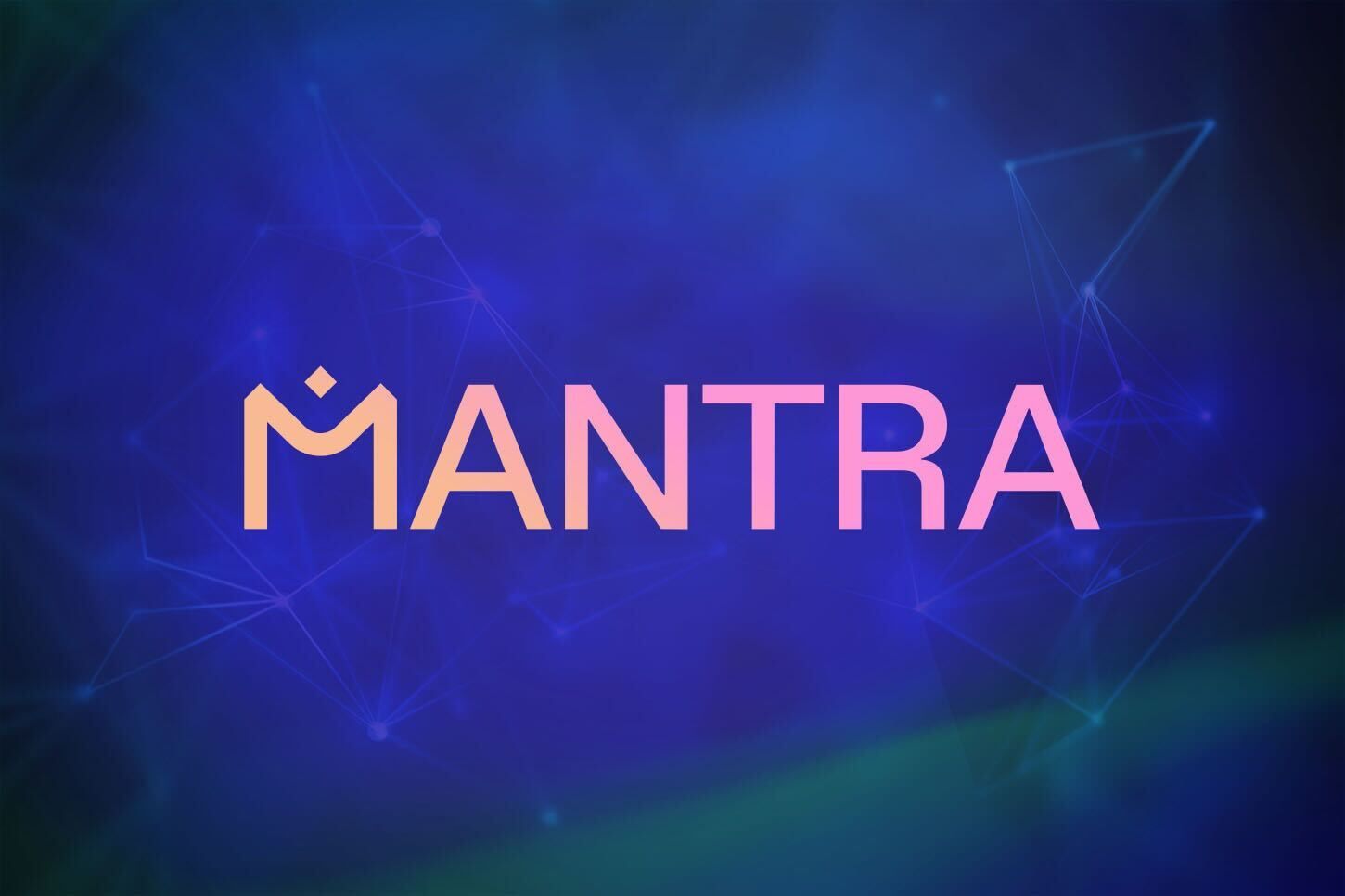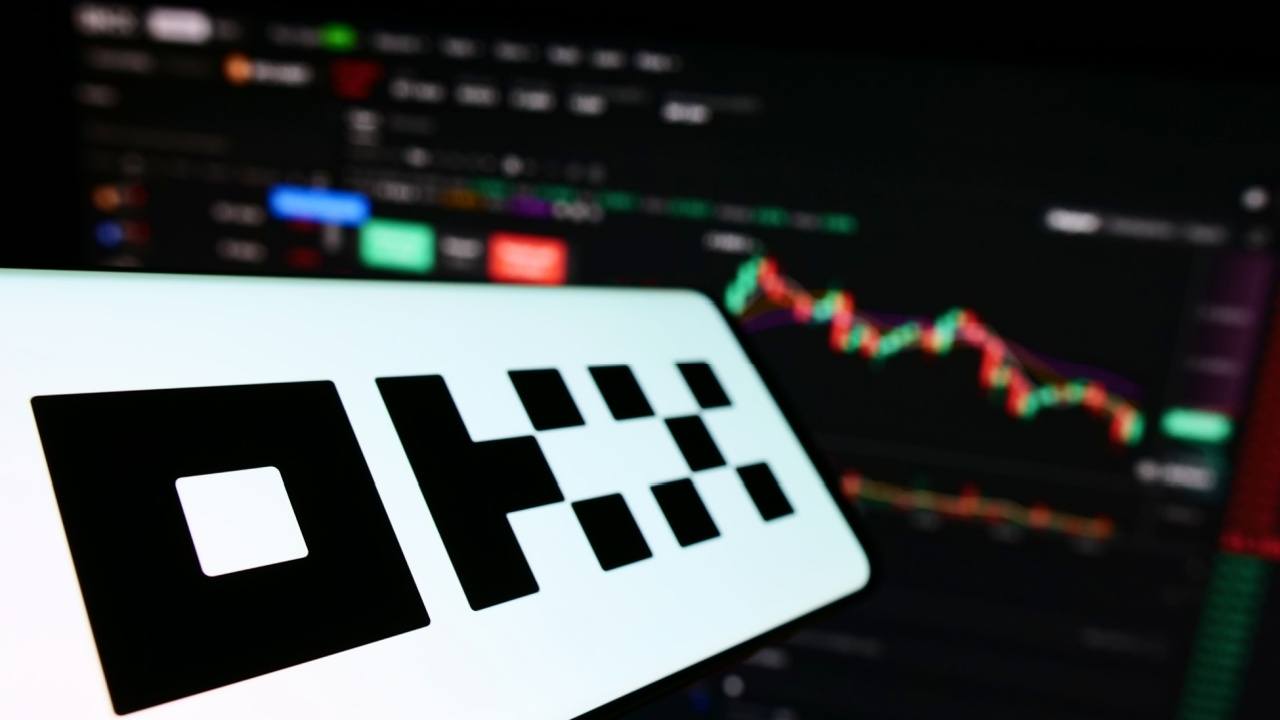Top Market Driving and Restraining Factors Behind AI Computer Adoption
` AI-powered computers will handle of all workplace tasks? That’s right—half of what humans do today could soon be managed by intelligent machines. The rise of the AI computer is transforming industries, reshaping workflows, and even altering how we think about technology. But what exactly makes these machines so revolutionary? And who’s leading this digital transformation? That’s not just a trend — it’s a technological revolution in real time. AI-powered machines are no longer future talk.They’re quietly powering everything from self-driving cars to personalized healthcare systems. What Is an AI Computer and Why Does It Matter An AI Computer isn’t just a regular machine with more RAM. It’s a system designed to simulate human thinking — like learning, reasoning, and even predicting outcomes — with staggering speed and accuracy. Think of it like this: If a regular computer is a calculator, an AI computer is a brain on caffeine that never sleeps.These systems are built with specialized processors, such as GPUs, TPUs, and neural engines, making them ideal for tasks like image recognition, language modeling, and real-time analytics. The Booming AI Computer Market: Forecast & Insights This rapid expansion is driven by demand across industries: Healthcare is using AI computers to diagnose diseases with accuracy. Finance is using them for fraud detection and robo-advisory services. Retail is optimizing inventory and customer behavior predictions. Autonomous Vehicles? Totally reliant on AI computing to “think” in real-time. It’s not just about speed — it’s about intelligence at scale. Market Driving and Restraining Factors What’s Driving the Market? Explosion of Data: Every day, humans generate 2.5 quintillion bytes of data.AI computers are built to process and learn from this sea of information. Rise in AI-powered and digital transformation: Businesses are embracing AI-powered and digital transformation like never before.From chatbots to predictive analytics — AI computers are the backbone. Advanced Hardware Availability: Major players are launching AI-specific chips and architectures to boost performance.This tech is now becoming more affordable and accessible. Government Investments: Countries like the US, China, and Germany are pumping billions into AI infrastructure. What’s Holding It Back? High Initial Cost: Not every company can afford to implement these high-end systems.AI hardware and training models can cost millions per deployment. Data Privacy Concerns: As AI computers learn from vast data pools, security risks and compliance issues arise. Skilled Workforce Shortage: Demand for AI specialists is high, but supply is lagging behind. Still, despite these hurdles, the upside far outweighs the limitations. List of Key Companies Shaping the AI Computer Landscape The market is dominated by a handful of powerful brands leading innovation and adoption. Apple, Inc. Apple is integrating neural engines into its devices, bringing AI computing power to the consumer level. Their chips like the M1 and M2 offer on-device machine learning that powers everything from facial recognition to real-time translations. Dell Technologies, Inc. Dell is pushing enterprise-grade AI computer systems with customized GPU-based hardware. Their solutions cater to industries like automotive, finance, and energy for complex data modeling. Hewlett Packard Enterprise Company HPE is building AI supercomputers and edge AI systems, enabling real-time decision-making on the field. Their AI-at-the-edge approach is transforming sectors like manufacturing and agriculture. Lenovo Group Limited Lenovo’s AI infrastructure supports both cloud and on-premises deployments. They’ve invested heavily in AI research partnerships, focusing on hybrid AI computing environments. Real-Life Use Cases: How AI Computers Are Already Changing the Game Healthcare Diagnosis AI computers now help doctors detect breast cancer more accurately than traditional methods. They analyze mammograms in seconds — spotting patterns even radiologists can miss. Self-Driving Technology Tesla, Waymo, and others use AI computers with multi-layered neural networks. These systems process input from cameras, lidar, radar, and GPS in milliseconds to make driving decisions. Personalized E-commerce AI computers power recommendation engines that drive up to 35% of Amazon’s total revenue. They analyze your clicks, time spent, and past behavior to suggest exactly what you didn’t know you needed. How Businesses Can Stay Ahead in the AI Computer Revolution Invest in Infrastructure: AI computing requires modern data centers, cloud compatibility, and fast processing units. Train Your Team: Upskill existing employees in AI, ML, and data science.Hiring isn't the only way to build capacity. Start Small: Pilot AI tools in one department — such as marketing or customer support — and scale based on ROI. Partner with Experts: Collaborate with
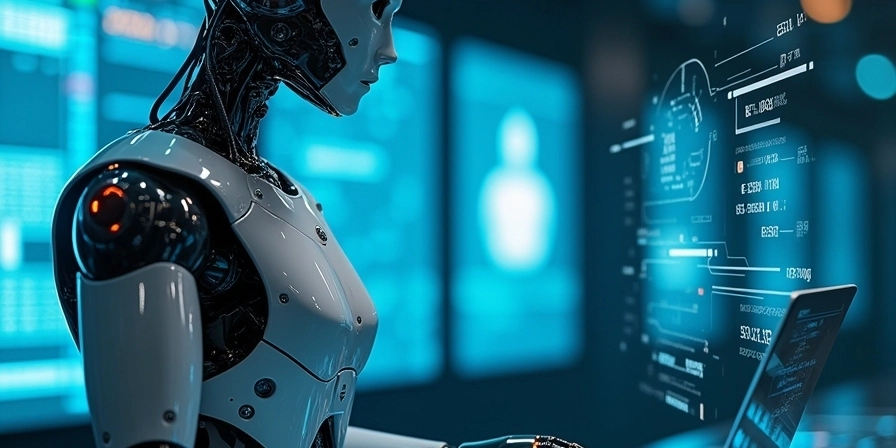
`
AI-powered computers will handle of all workplace tasks? That’s right—half of what humans do today could soon be managed by intelligent machines.
The rise of the AI computer is transforming industries, reshaping workflows, and even altering how we think about technology. But what exactly makes these machines so revolutionary? And who’s leading this digital transformation? That’s not just a trend — it’s a technological revolution in real time.
AI-powered machines are no longer future talk.They’re quietly powering everything from self-driving cars to personalized healthcare systems.
What Is an AI Computer and Why Does It Matter
An AI Computer isn’t just a regular machine with more RAM.
It’s a system designed to simulate human thinking — like learning, reasoning, and even predicting outcomes — with staggering speed and accuracy.
Think of it like this: If a regular computer is a calculator, an AI computer is a brain on caffeine that never sleeps.These systems are built with specialized processors, such as GPUs, TPUs, and neural engines, making them ideal for tasks like image recognition, language modeling, and real-time analytics.
The Booming AI Computer Market: Forecast & Insights
This rapid expansion is driven by demand across industries:
Healthcare is using AI computers to diagnose diseases with accuracy.
Finance is using them for fraud detection and robo-advisory services.
Retail is optimizing inventory and customer behavior predictions.
Autonomous Vehicles? Totally reliant on AI computing to “think” in real-time.
It’s not just about speed — it’s about intelligence at scale.
Market Driving and Restraining Factors
What’s Driving the Market?
Explosion of Data:
Every day, humans generate 2.5 quintillion bytes of data.AI computers are built to process and learn from this sea of information.
Rise in AI-powered and digital transformation:
Businesses are embracing AI-powered and digital transformation like never before.From chatbots to predictive analytics — AI computers are the backbone.
Advanced Hardware Availability:
Major players are launching AI-specific chips and architectures to boost performance.This tech is now becoming more affordable and accessible.
Government Investments:
Countries like the US, China, and Germany are pumping billions into AI infrastructure.
What’s Holding It Back?
High Initial Cost:
Not every company can afford to implement these high-end systems.AI hardware and training models can cost millions per deployment.
Data Privacy Concerns:
As AI computers learn from vast data pools, security risks and compliance issues arise.
Skilled Workforce Shortage:
Demand for AI specialists is high, but supply is lagging behind.
Still, despite these hurdles, the upside far outweighs the limitations.
List of Key Companies Shaping the AI Computer Landscape
The market is dominated by a handful of powerful brands leading innovation and adoption.
Apple, Inc.
Apple is integrating neural engines into its devices, bringing AI computing power to the consumer level.
Their chips like the M1 and M2 offer on-device machine learning that powers everything from facial recognition to real-time translations.
Dell Technologies, Inc.
Dell is pushing enterprise-grade AI computer systems with customized GPU-based hardware.
Their solutions cater to industries like automotive, finance, and energy for complex data modeling.
Hewlett Packard Enterprise Company
HPE is building AI supercomputers and edge AI systems, enabling real-time decision-making on the field.
Their AI-at-the-edge approach is transforming sectors like manufacturing and agriculture.
Lenovo Group Limited
Lenovo’s AI infrastructure supports both cloud and on-premises deployments.
They’ve invested heavily in AI research partnerships, focusing on hybrid AI computing environments.
Real-Life Use Cases: How AI Computers Are Already Changing the Game
Healthcare Diagnosis
AI computers now help doctors detect breast cancer more accurately than traditional methods. They analyze mammograms in seconds — spotting patterns even radiologists can miss.
Self-Driving Technology
Tesla, Waymo, and others use AI computers with multi-layered neural networks.
These systems process input from cameras, lidar, radar, and GPS in milliseconds to make driving decisions.
Personalized E-commerce
AI computers power recommendation engines that drive up to 35% of Amazon’s total revenue.
They analyze your clicks, time spent, and past behavior to suggest exactly what you didn’t know you needed.
How Businesses Can Stay Ahead in the AI Computer Revolution
Invest in Infrastructure:
AI computing requires modern data centers, cloud compatibility, and fast processing units.
Train Your Team:
Upskill existing employees in AI, ML, and data science.Hiring isn't the only way to build capacity.
Start Small:
Pilot AI tools in one department — such as marketing or customer support — and scale based on ROI.
Partner with Experts:
Collaborate with key companies like Dell or Lenovo for tailored AI solutions.
Future Trends in AI Computer Development
Quantum Meets AI
AI computers might soon leverage quantum computing to perform computations that today’s systems can’t handle.
This would unlock next-gen applications in cryptography, protein folding, and weather forecasting.
Edge AI Explosion
More companies will shift from cloud-based AI to edge computing — where the AI system works directly on the device.
This reduces latency, saves bandwidth, and increases real-time decision-making.
AI + Sustainability
AI computers will help reduce energy usage in data centers and optimize smart grids. Green AI is becoming a competitive edge for businesses.
Final Thoughts
The AI Computer Market isn’t a bubble — it’s the foundation of the next industrial wave.
It’s no longer about whether to adopt AI computers — it’s about how fast you can implement them to stay competitive.
From Apple’s AI chips to Dell’s enterprise-grade systems, the players are in motion and the technology is here to stay.
`

























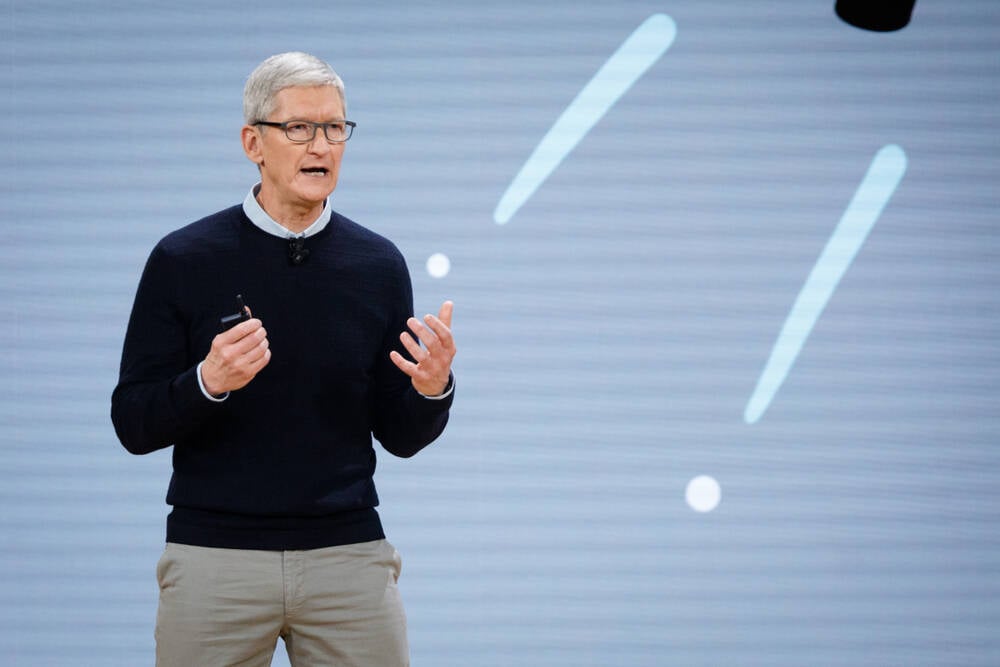









































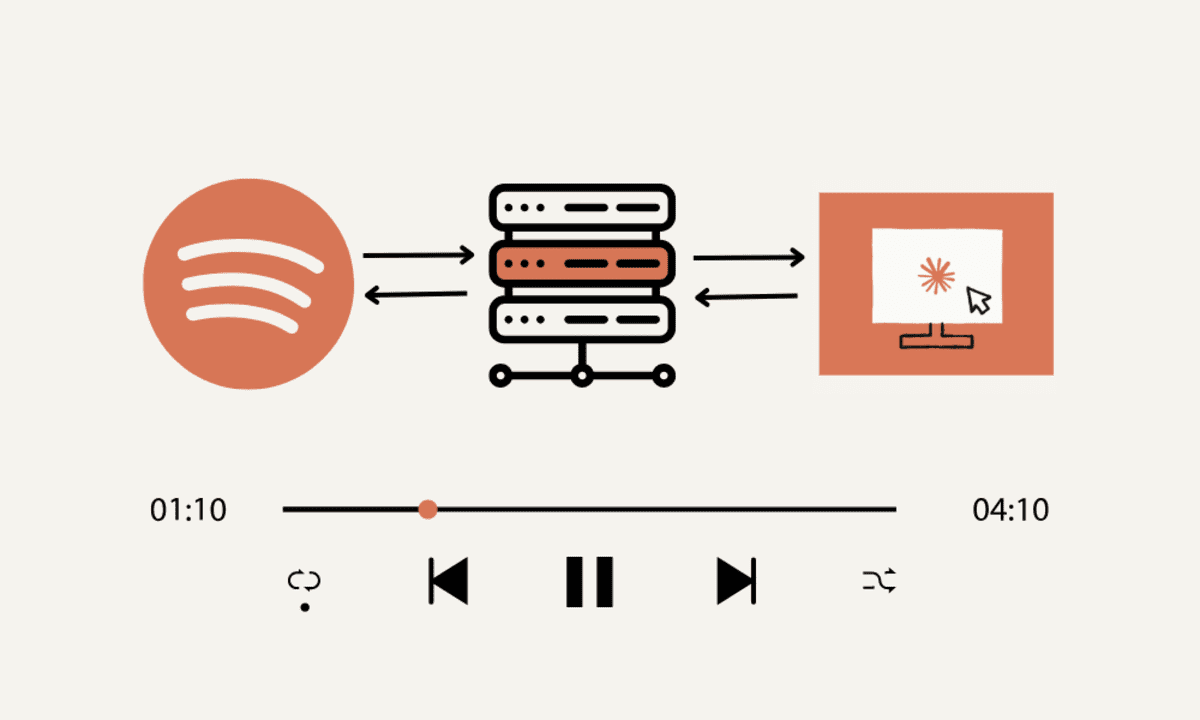







































































































![[The AI Show Episode 144]: ChatGPT’s New Memory, Shopify CEO’s Leaked “AI First” Memo, Google Cloud Next Releases, o3 and o4-mini Coming Soon & Llama 4’s Rocky Launch](https://www.marketingaiinstitute.com/hubfs/ep%20144%20cover.png)


































































































































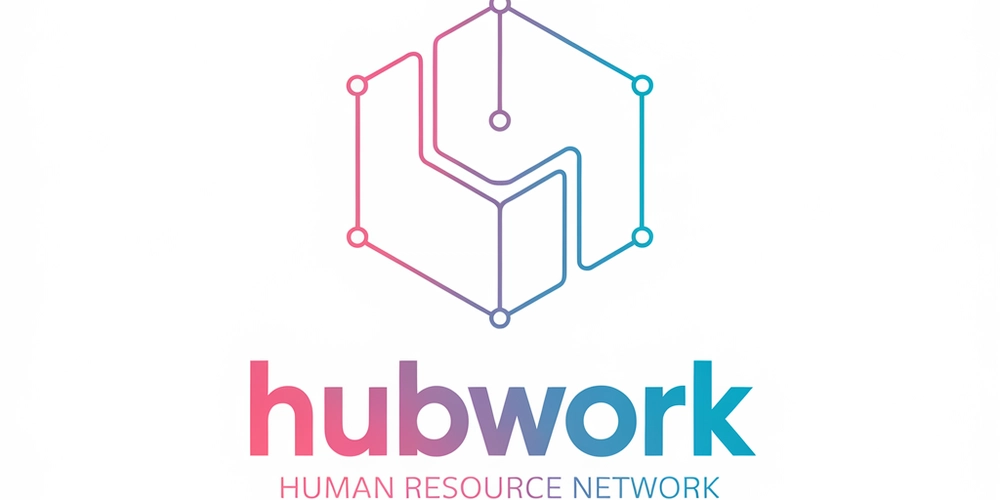
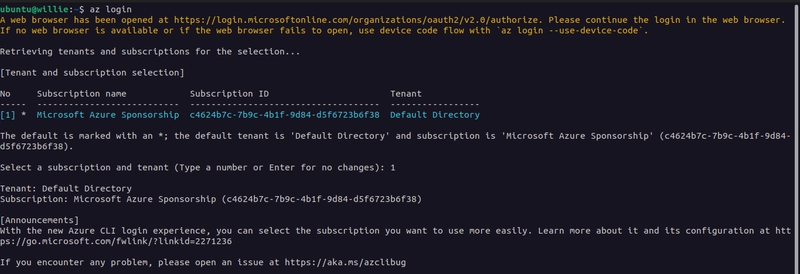
































































![Blue Archive tier list [April 2025]](https://media.pocketgamer.com/artwork/na-33404-1636469504/blue-archive-screenshot-2.jpg?#)































.png?#)









































.webp?#)


































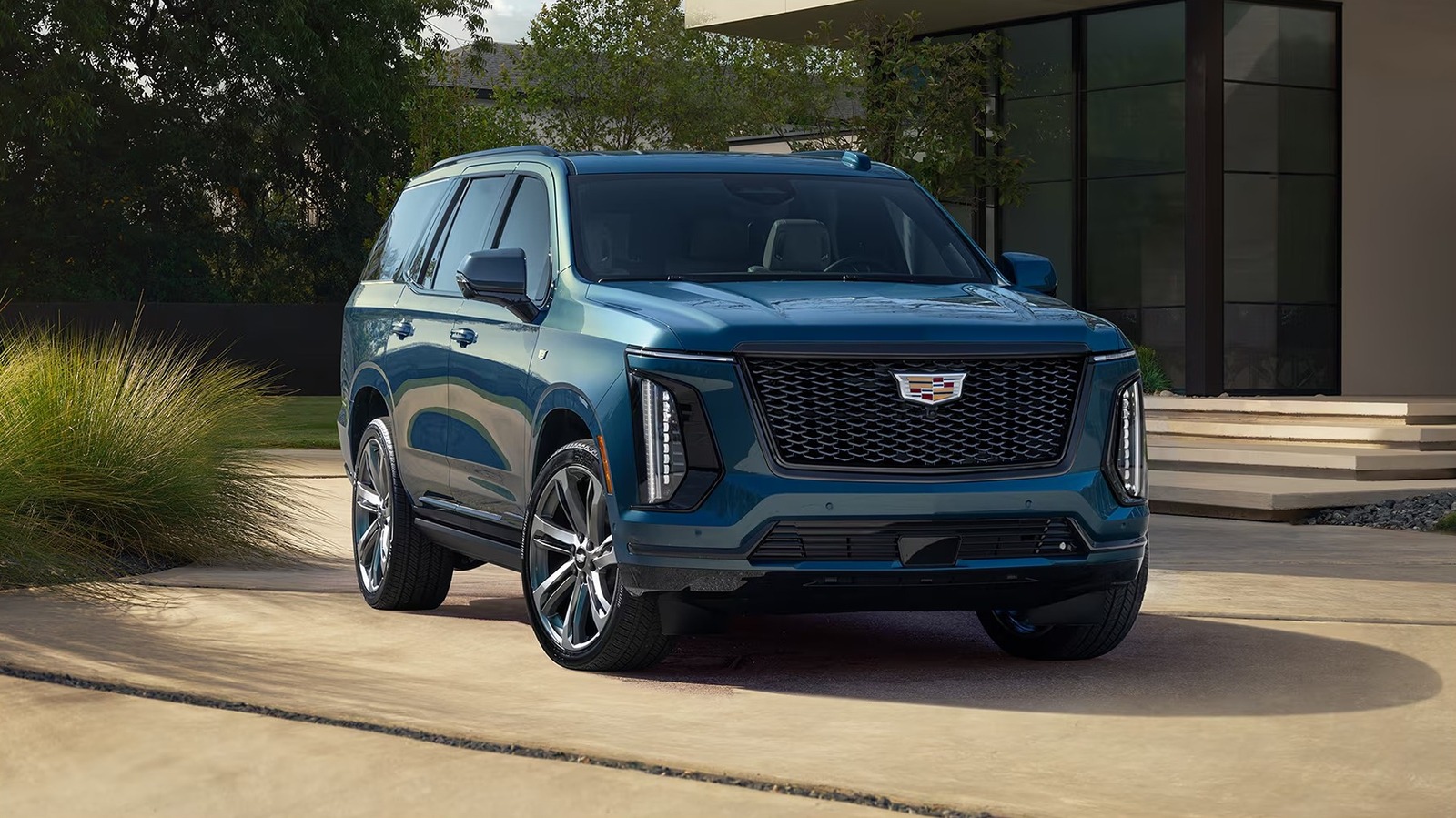















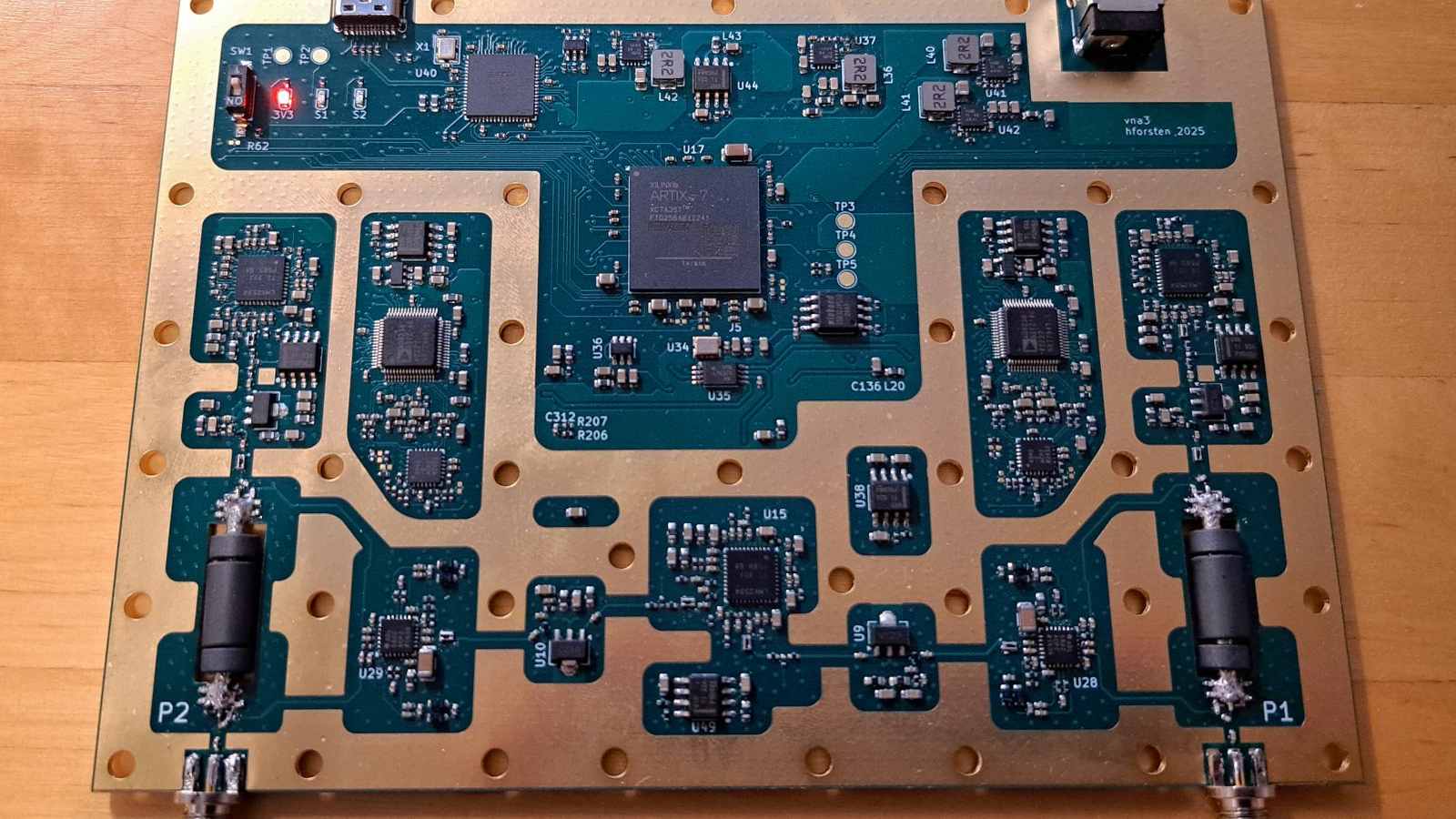
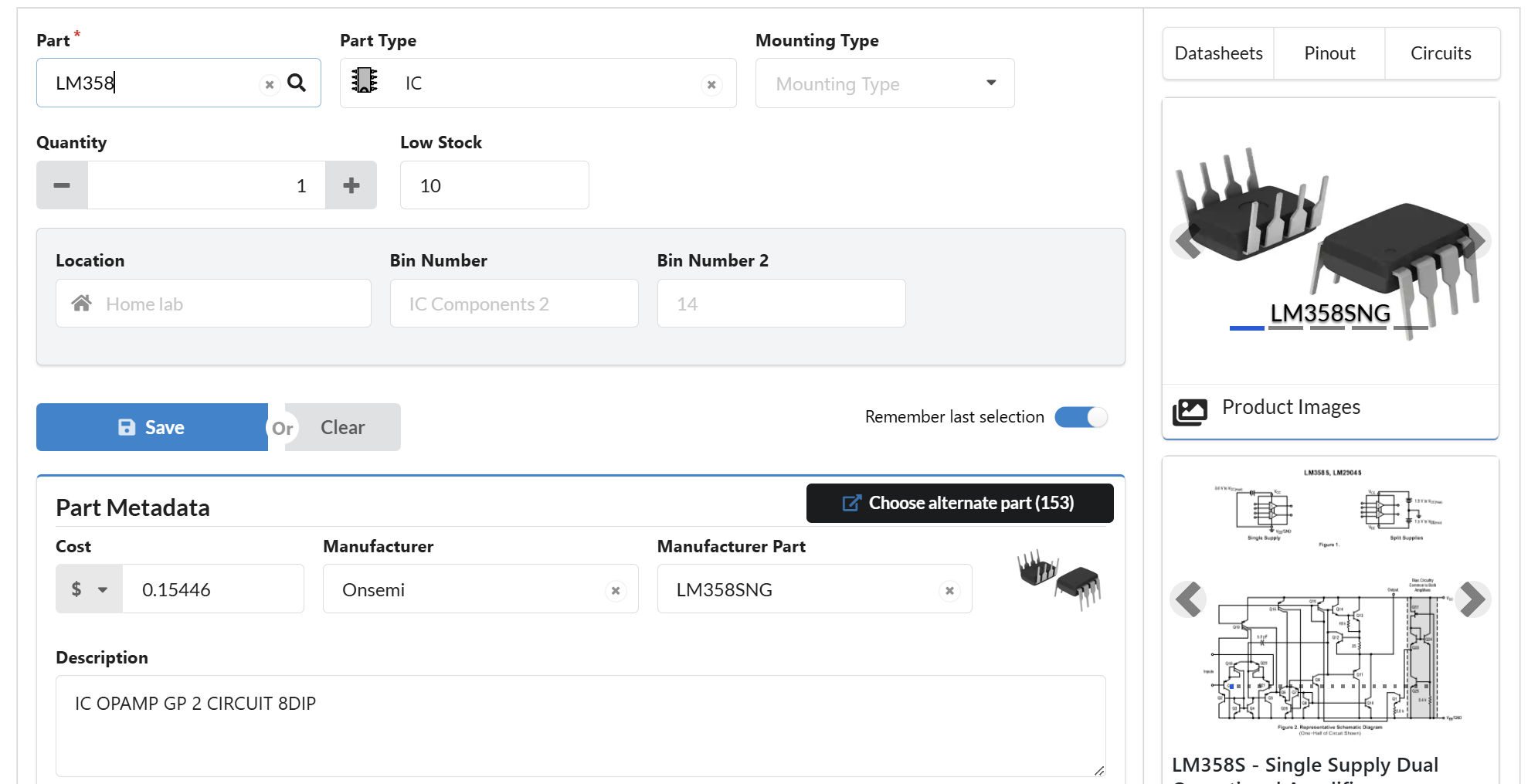
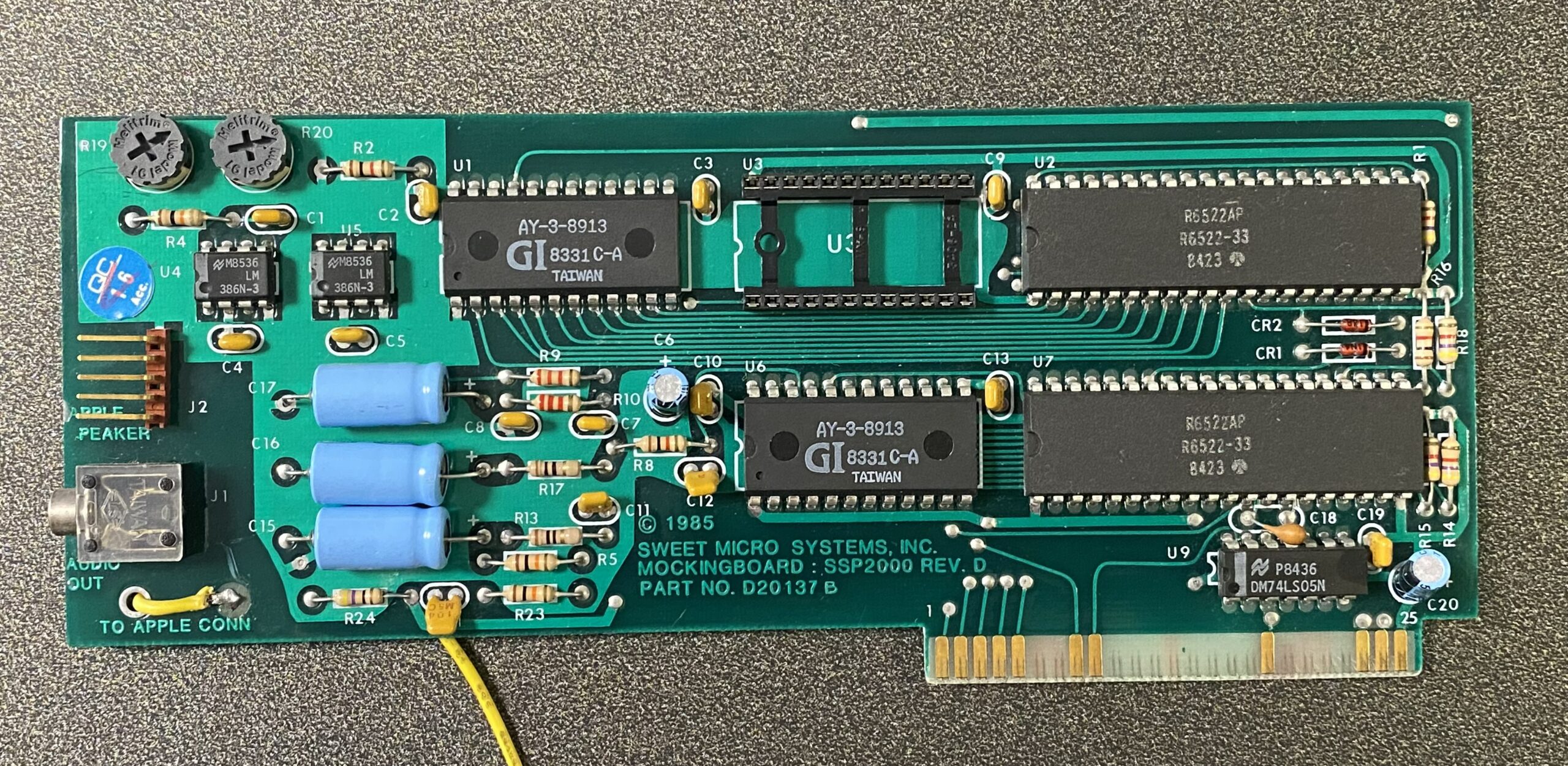

















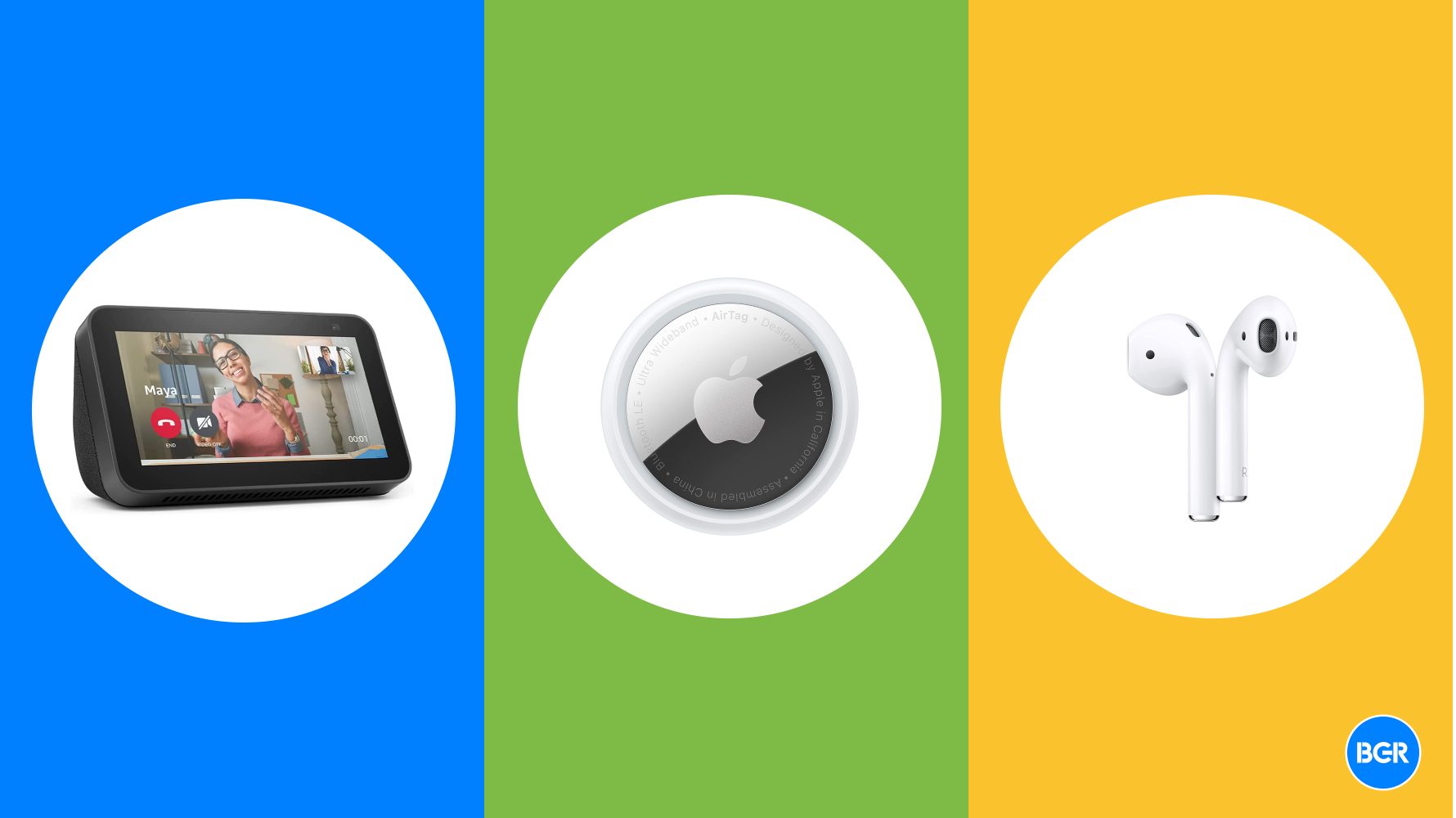






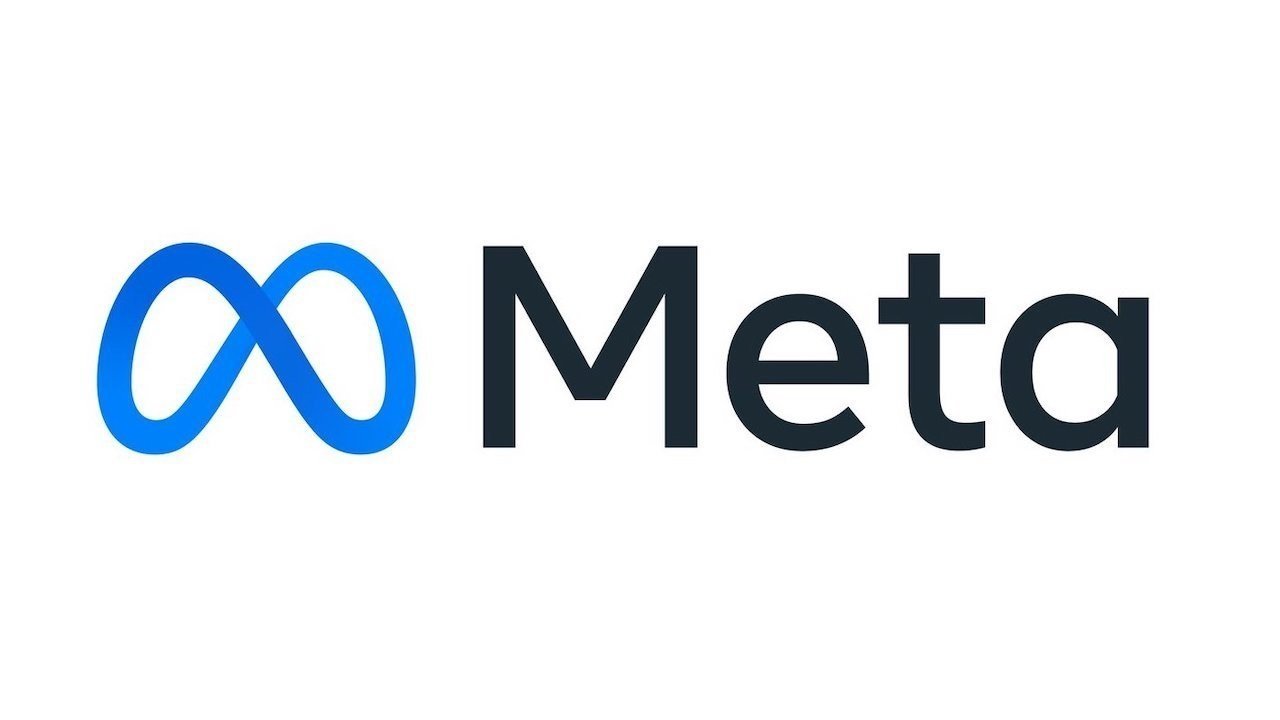





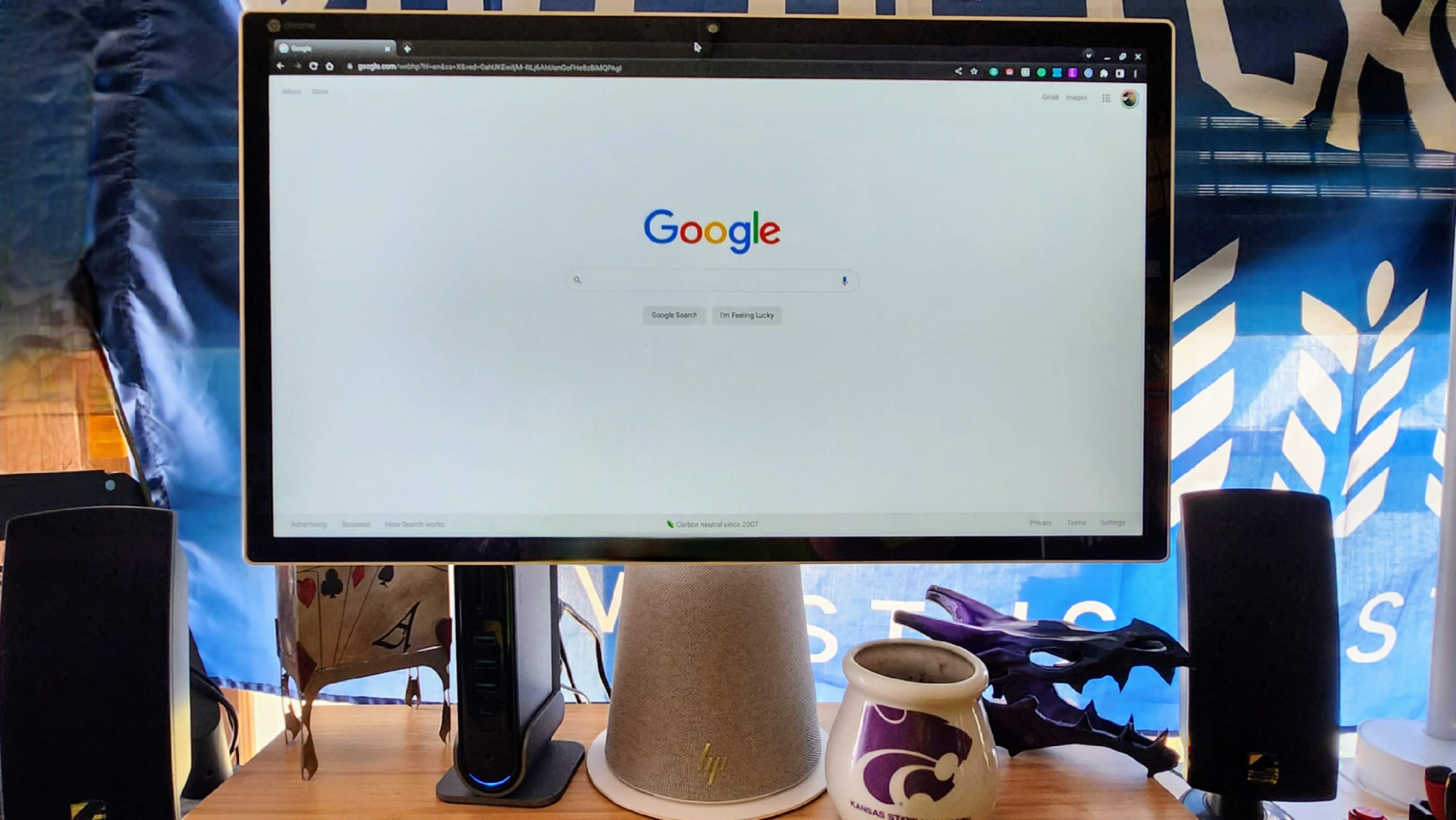





![CVE security program used by Apple and others has funding removed [U]](https://i0.wp.com/9to5mac.com/wp-content/uploads/sites/6/2025/04/CVE-security-program-used-by-Apple-and-others-under-immediate-threat.jpg?resize=1200%2C628&quality=82&strip=all&ssl=1)















![Apple to Split Enterprise and Western Europe Roles as VP Exits [Report]](https://www.iclarified.com/images/news/97032/97032/97032-640.jpg)
![Nanoleaf Announces New Pegboard Desk Dock With Dual-Sided Lighting [Video]](https://www.iclarified.com/images/news/97030/97030/97030-640.jpg)

![Apple's Foldable iPhone May Cost Between $2100 and $2300 [Rumor]](https://www.iclarified.com/images/news/97028/97028/97028-640.jpg)













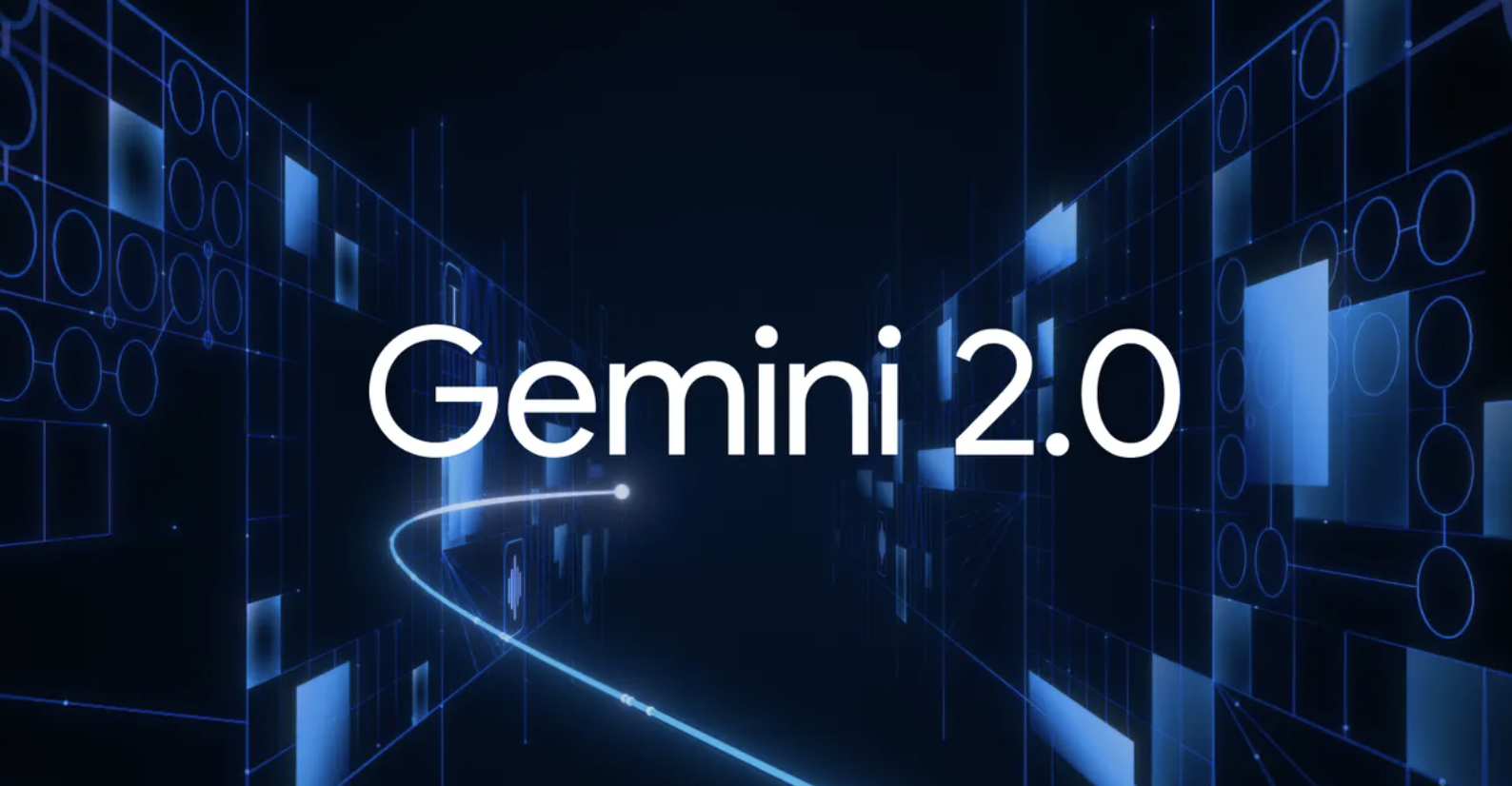

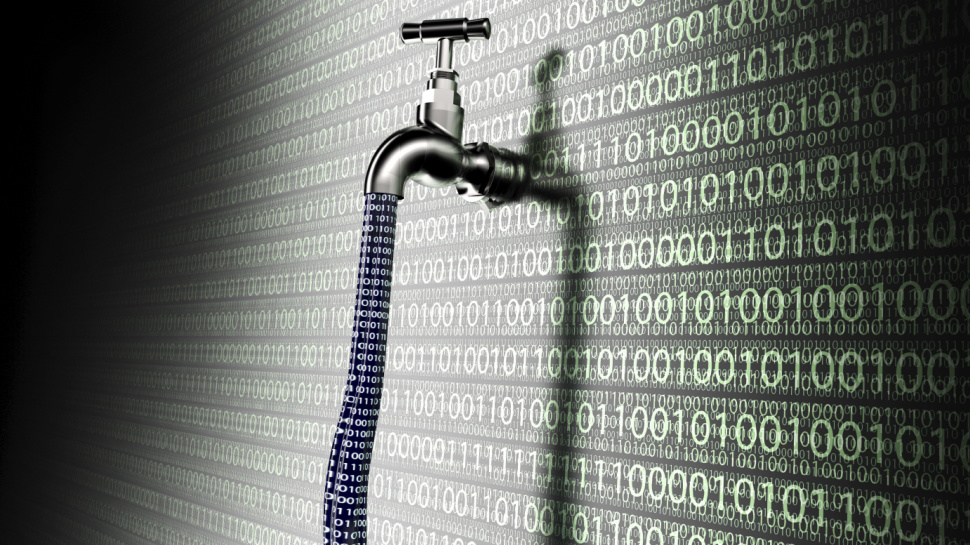


![Daredevil Born Again season 1 ending explained: does [spoiler] show up, when does season 2 come out, and more Marvel questions answered](https://cdn.mos.cms.futurecdn.net/i8Lf25QWuSoxWKGxWMLaaA.jpg?#)

























